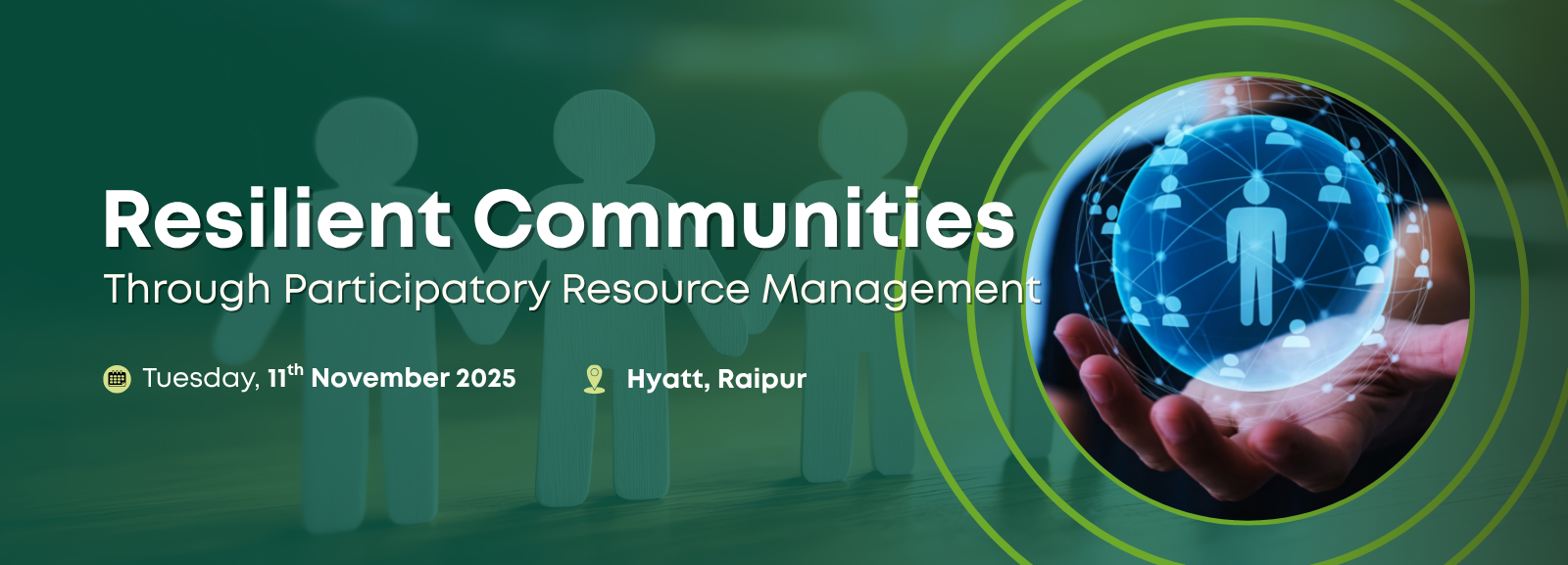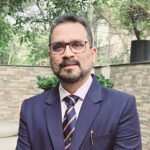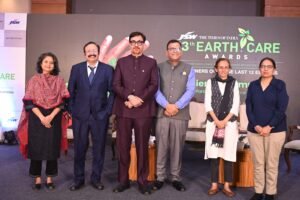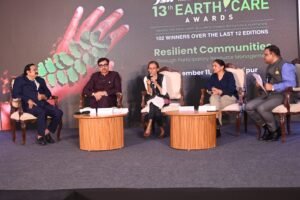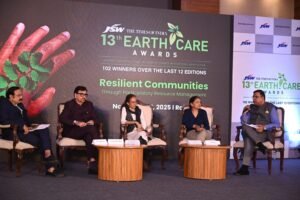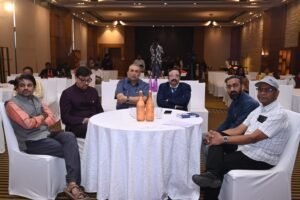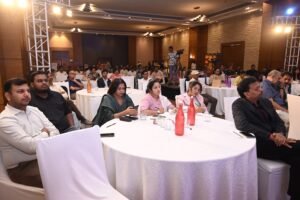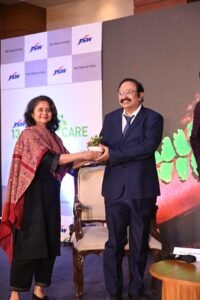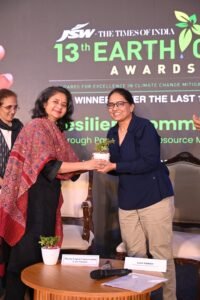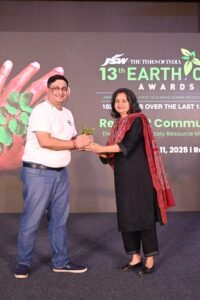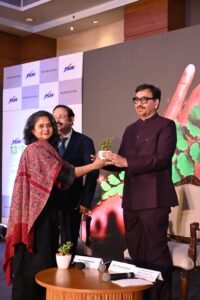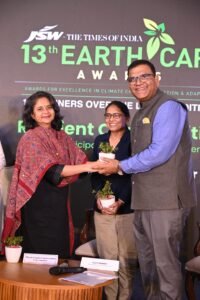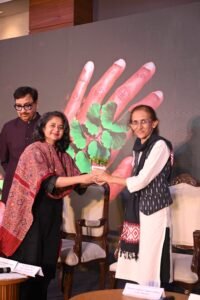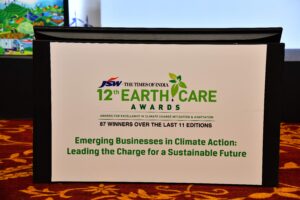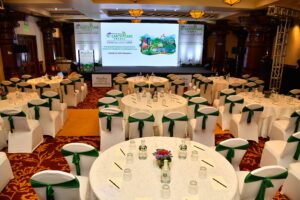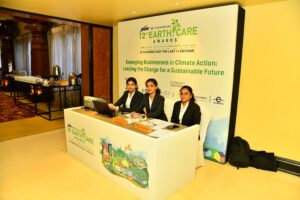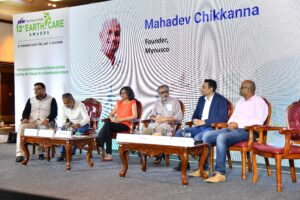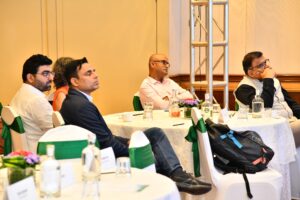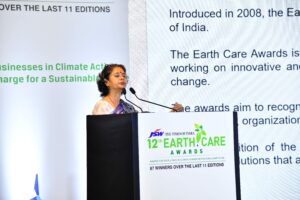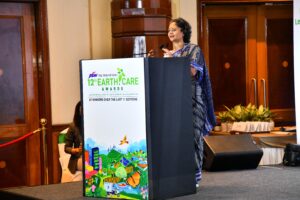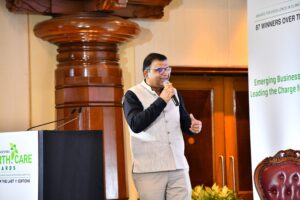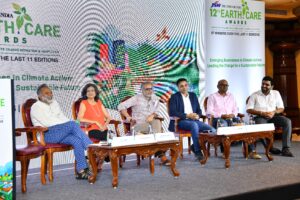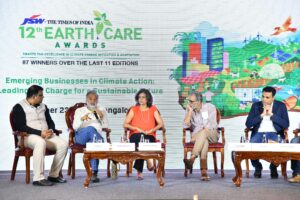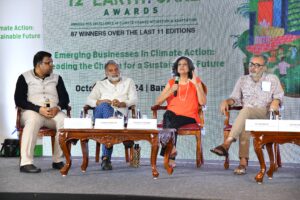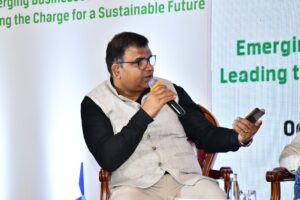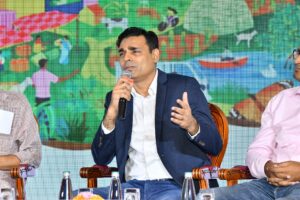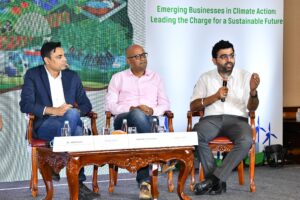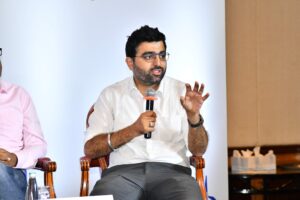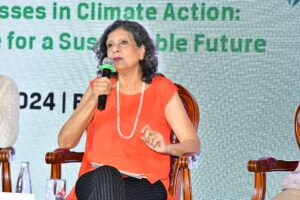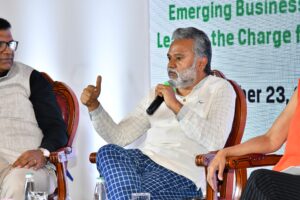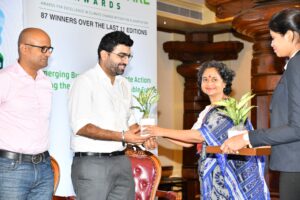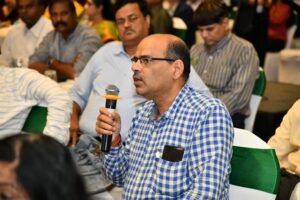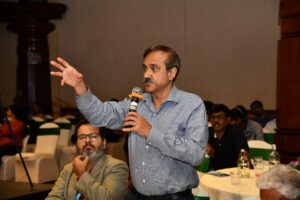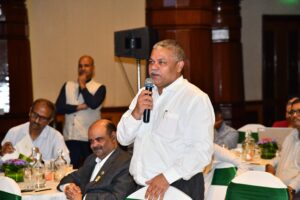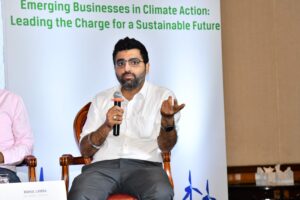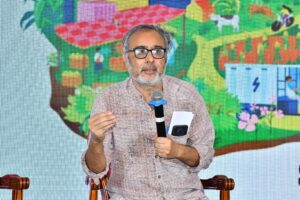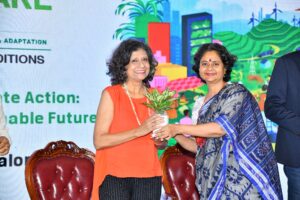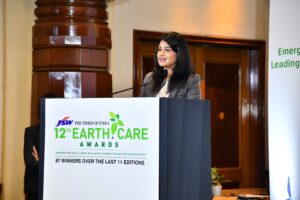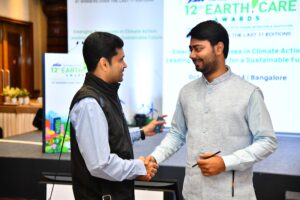About Discussion
Across India’s forested and resource-rich states, communities and ecosystems are deeply intertwined in the climate challenge. Agriculture and forestry are central to rural life, but they are under growing stress from droughts, deforestation, and forest fires. These challenges make poverty and vulnerability worse in regions that are already struggling. Climate change adds to these pressures, affecting crops, incomes, and the ecosystems that sustain communities.
Communities, especially those directly dependent on natural resources, play a central role in stewardship, conservation, and sustainable use. However, the intersecting pressures of climate change, economic development, and policy shifts present both challenges and opportunities for effective natural resource governance. Recognising local knowledge, equitable access, and community participation is essential to forging sustainable pathways.
In response to these situations, Chhattisgarh has pioneered community-driven models that link natural resource management with local resilience. The Narwa (streams/rivulets), Garwa (livestock), Ghurwa (compost), and Badi (backyard farm) model exemplifies this approach, revitalising the rural landscape by promoting water conservation, livestock care, soil health, and household-level food security. These initiatives reflect how cultural values, traditional practices, and climate action can reinforce each other.
The broader lesson is clear: resilience depends on strengthening the link between ecosystem health and community well-being. Community-based natural resource management has shown that when local people are empowered—through recognition of rights, participatory governance, and sustainable livelihood options—restoration and conservation efforts are more effective and lasting. At the same time, policies such as ecosystem restoration frameworks and state climate action plans underline the need to integrate community voices, science-based planning, and innovative financing.
As part of the 13th JSW–TOI Earth Care Awards, we invite you to a focused panel discussion on: “Building Resilient Communities through Participatory Resource Management”. This panel will explore how community-driven approaches to managing forests, water, and land can serve as pathways for climate resilience. It will highlight examples of restoration, sustainable agriculture, and decentralised governance, while reflecting on how to embed equity, livelihoods, and cultural values at the centre of natural resource management. This dialogue will bring together thought leaders, practitioners, and policymakers to explore practical insights on:
Key discussion points
Community at the centre:
How community-led governance of forests, commons, and water bodies can strengthen climate resilience.
Restoring ecosystems:
From forests to wetlands and grasslands, how restoration efforts can protect biodiversity while supporting livelihoods.
Local models for resilience:
Lessons from initiatives like Narwa–Garwa–Ghurwa–Badi in promoting climate-smart rural development.
Livelihoods and equity:
Linking sustainable agriculture, forest-based economies, and eco-restoration with income and social justice.
Policy and institutions:
The role of state action plans, eco-restoration policies, and decentralised institutions like Gram Sabhas in enabling community action.
Finance and capacity:
Mobilising resources—public funds, climate finance, and innovative mechanisms—for community-based climate action.
Scaling lessons:
How successful local initiatives can be replicated across India’s natural resource-dependent geographies.
Our Speakers
S. No. | Name & Designation | Affiliation/Expertise | Contact/ LinkedIn |
1 |
Agenda
| Time | Topics/Particular | Speaker |
| 11:00 am – 11:10 am | Welcome Address | Rupa Dawane Head – Water, Environment and Sanitation, JSW Foundation |
| 11:10 am – 11:25 am | Special address | Arun Kumar Pandey, IFS Principal Chief Conservator of Forests, Govt. of Chhattisgarh |
| 11:25 am – 12:45 pm | Panel discussion: Building Resilient Communities through Participatory Resource Management |
Audience Q&A |
| 12:45 pm – 1:00 pm | Young Climate Champion | Monodip Dutt, Earth Day Network |
| 1:00 pm onwards | Networking Lunch | |
Our Speakers
Who Should Attend:
- City Planners, Urban Development Authorities
- CSR & ESG Leaders
- Sustainability Heads & Corporate Foundations
- Climate-Tech Startups & Innovators
- Researchers & Policy Professionals
- Municipal Administrators and Regulatory Bodies
Event Details:
Date: 11th November, 2025
Time: 10:00 AM to 01:00 PM
Venue: Hyatt, Raipur

